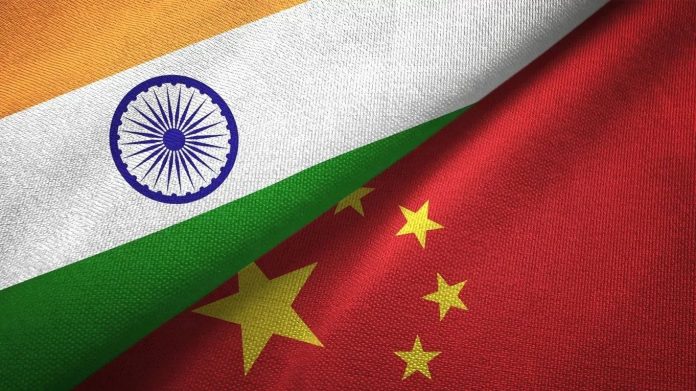The recent meeting between National Security Adviser Ajit Doval and Chinese Foreign Minister Wang Yi in Beijing was an important diplomatic step forward. The two officials met as Special Representatives (SR) of the two countries. They have met periodically in the last two decades to address bilateral issues, with a focus on the boundary dispute. Last week’s was the 23rd meeting, and the first in the last five years.
The SR process suffered a setback after the 2020 military stand-off in the Galwan Valley, and so the revival is significant. The meeting in October between Prime Minister Narendra Modi and President Xi Jinping, on the sidelines of the BRICS summit in Kazan, Russia, and the subsequent decision to disengage troops at the LAC (Line of Actual Control) set the stage for the resumption of SR-level talks. The meeting has given a positive momentum to mutual engagement.
The two countries agreed at the meeting to resume the Kailash-Mansarovar Yatra and the border trade in Sikkim and also share trans-boundary river data. Other issues, such as direct flights, business and student visa liberalisation and journalist exchanges, were also discussed.
These are considered the first requirements for resumption of normal relations. The importance of maintaining peace and tranquillity in the border areas was recognised and both leaders emphasised the need to ensure peaceful conditions on the ground so that problems on the border would not affect the normal development of bilateral relations.
The Indian side was cautious in phrasing the outcome, which it referred to as ‘’positive directions,’’ but the Chinese side was more categorical. The Chinese foreign ministry described the decisions as a six-point consensus.
While the meeting has produced some results, progress from here has to be carefully nurtured. Relations between India and China have seen many ups and downs and the trust deficit needs to be bridged if we want real and sustained improvement of ties. The relationship has political, economic and strategic dimensions.
Apart from the boundary dispute, matters relating to trade and investment and China’s increasing presence in India’s immediate neighbourhood need to be addressed. Experience calls for much caution in dealings with China. There is a global context also for the softening of the relationship between the two countries.
The likely changes in international equations in the wake of a Donald Trump presidency may be one factor. Just as the global situation impacts relations between India and China, changes in relations between the two countries impact international relations.









































